Heating, ventilation, and air conditioning (HVAC) systems are essential in virtually every commercial and residential building. The purpose of HVAC is to maintain a comfortable temperature and humidity level while promoting clean air quality. An efficient HVAC system can improve energy efficiency and provide you with money-saving comfort. In this blog post, we’ll discuss everything you need to know about HVAC systems, including the different types of equipment used, how they work, maintenance tips and more. So, let’s dive in!
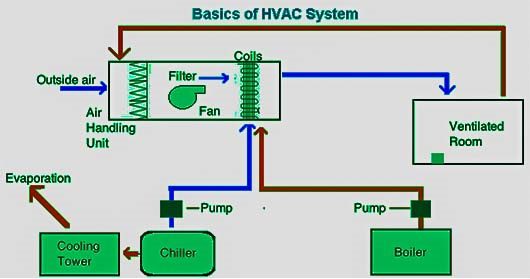
What is HVAC?
The HVAC system in your home is responsible for providing heating, ventilation, and air conditioning. Heating and cooling make up the majority of energy use in a typical household, so it’s important to choose an HVAC system that is both efficient and effective.
There are many different types of HVAC systems on the market, but they all have the same basic components: a furnace or heat pump to generate heat, a central air conditioner to cool the air, and a ductwork system to distribute the air throughout your home.
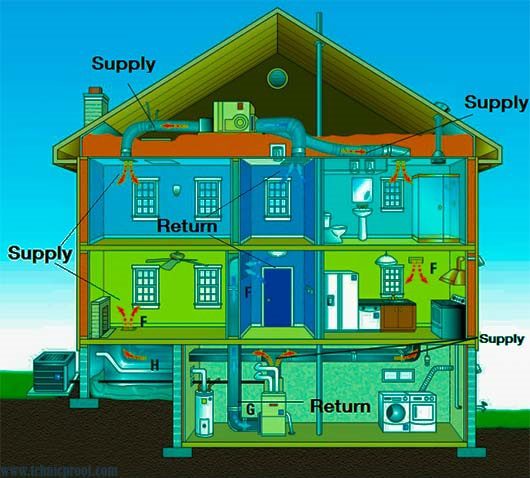
The most important factor in choosing an HVAC system is finding one that is sized correctly for your home. An undersized system will have to work harder to maintain the desired temperature, while an oversized system will cycle on and off too frequently and won’t run long enough to adequately remove humidity from the air. A qualified HVAC contractor can help you select a system that is properly sized for your home.
The Different Types of HVAC Systems
There are many different types of HVAC systems on the market today. Each has its own advantages and dis advantages, so it is important to know which one is right for your home or business before making a purchase. Here is a brief overview of the most common types of HVAC systems:
1.Central Air Conditioning
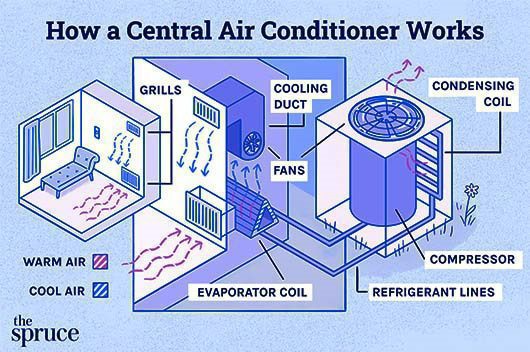
Central air conditioners are some of the most popular types of HVAC systems. They work by circulating cool air throughout your home or office using a system of ducts. Central AC units are typically more expensive than other types of air conditioners, but they are also more energy efficient and can cool large spaces quickly and evenly.
2.Room Air Conditioners
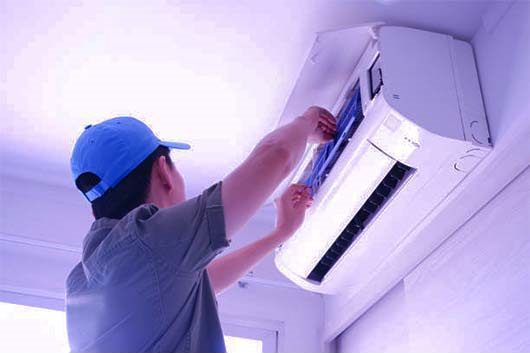
Room air conditioners are a good choice for small spaces or rooms that get very hot during the summer. They work by cooling one specific area at a time and can be portable, so they can be moved from room to room as needed. Room air conditioners can be less expensive than central AC units, but they are not as energy efficient and may not cool a space as evenly.
3.Window Air Conditioners
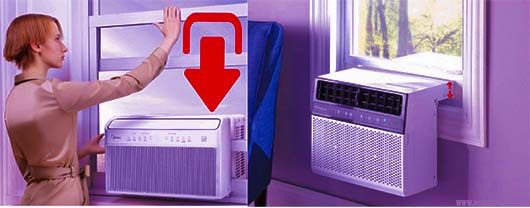
Window air conditioners are another option for cooling small spaces. Like room air conditioners, they work by cooling one specific area at a time. However, window AC units must be installed in a window and cannot be moved from room to room like portable units. Window air conditioners can be less expensive than central AC units, but they are not as energy efficient and may not cool.
Pros and Cons of HVAC
There are a few pros and cons to consider when it comes to HVAC systems. For one, they can be expensive to install and maintain. However, they can also significantly improve the comfort of your home and the quality of your indoor air. Here are a few things to consider when weighing the pros and cons of HVAC:
PROS:
- Can improve comfort levels in your home
- Can help purify your indoor air
- Can save you money on energy bills in the long run
CONS:
- Can be expensive to install and maintain
- May require regular maintenance and repairs
How to Choose the Right HVAC System for Your Home
There are many factors to consider when choosing an HVAC system for your home. The first step is to decide what type of system you need. There are three main types of HVAC systems: central air conditioners, heat pumps, and furnaces. Central air conditioners are the most common type of HVAC system, and they work by cooling the air in your home with a refrigerant. Heat pumps are less common and use a compressor to move heat from one place to another. Furnaces are the least common type of HVAC system and use combustion to generate heat.
The next step is to choose the right size for your HVAC system. The size of your HVAC system should be based on the square footage of your home as well as the climate you live in. If you live in a warm climate, you will need a larger unit than if you live in a cooler climate. Once you have chosen the right size, you need to decide on the features you want in your HVAC system. Some features to consider include:
- Energy efficiency: You want an HVAC system that is energy efficient so that you can save money on your energy bills. Look for an ENERGY STAR certified model.
- Noise level: You don’t want an HVAC system that is going to be too noisy so make sure to check the noise level before purchasing.
- Programmable thermostat
Maintenance and Repair Tips for Your HVAC System
Annual maintenance and repairs are vital for keeping your HVAC system running optimally. Here are some tips to help you keep your system in top shape:
- Schedule annual maintenance with a qualified technician. This will help ensure that your system is cleaned and inspected, and that any potential issues are addressed before they become major problems.
- Be sure to change your air filters regularly. Dirty filters can restrict airflow and lead to increased energy costs and reduced indoor air quality.
- Keep an eye on your thermostat settings. Incorrect settings can cause your system to work harder than necessary, leading to increased energy costs and wear and tear on the system.
- If you notice any strange noises or odors coming from your HVAC system, be sure to have it checked out by a professional as soon as possible. These could be signs of serious problems that need to be addressed immediately.
Conclusion
The HVAC system is a complex one but it provides us with a comfortable indoor climate all year round. It’s important to take the time to familiarize yourself with the basics of how an HVAC system works and how you can maintain and troubleshoot it for optimal performance. From understanding what each part does and how they interact, to knowing when you need to call in professionals – having this knowledge will save you money as well as prevent unnecessary damage from occurring in your home due to negligence.


